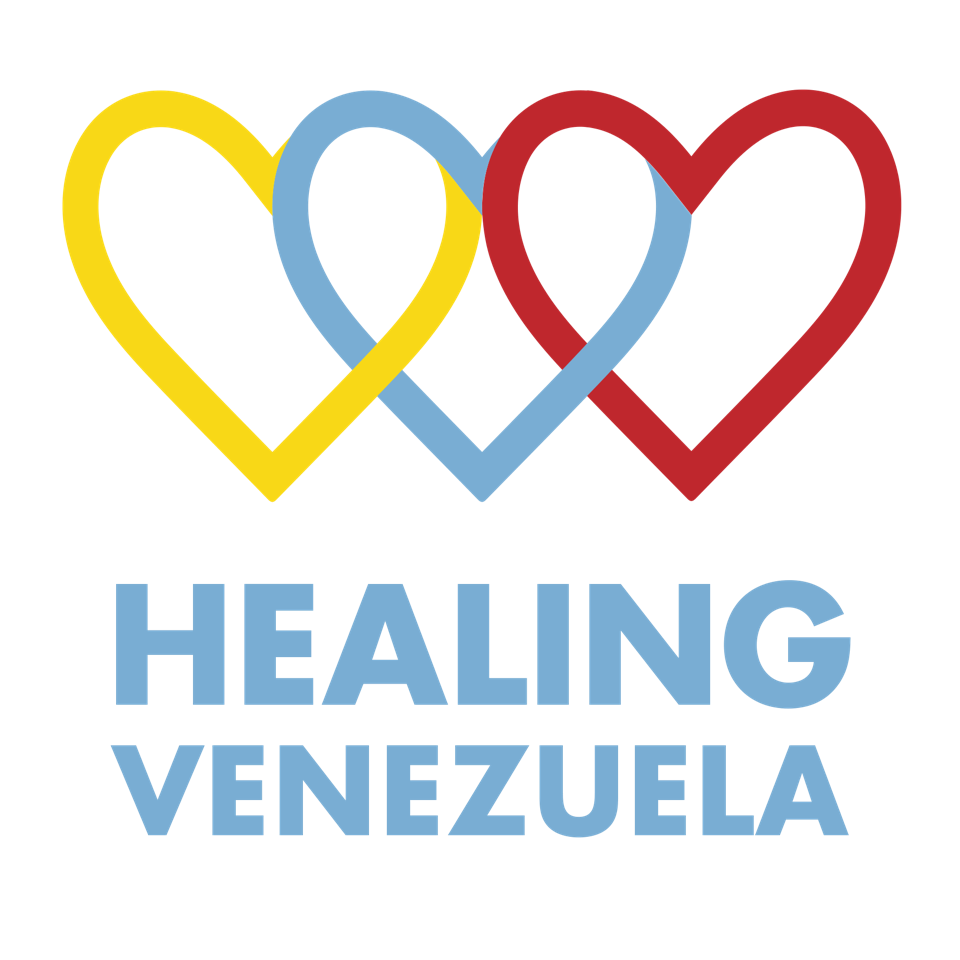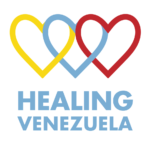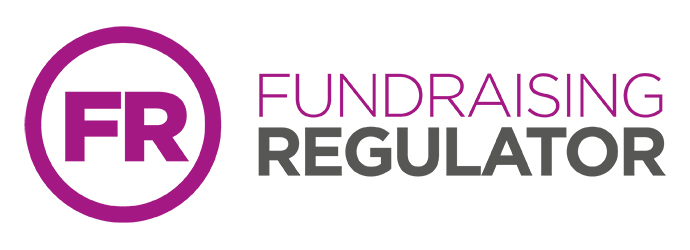Child Protection Policy
About us
Healing Venezuela is a foundation registered in the UK with the aim of alleviating the health crisis, maintaining skills and teaching stress management tools in Venezuela.
Our values are:
Transparency: A transparent management of our organization’s resources is a fundamental pillar in Healing Venezuela
Gratitude: Every donation, small or large, is important and because it provides vital help to the people of Venezuela.
Respect: At Healing Venezuela we have no political or religious affiliation. We support the people of Venezuela in an impartial and independent manner.
Collaboration: At Healing Venezuela we believe that working with other like-minded organisations optimises our work
Community: At Healing Venezuela we want to build a global community to support our work in Venezuela.
Objective of the document
This policy aims to protect children and young people receiving any of our services, including the children of people receiving our services.
The Foundation holds that no child or young person should experience abuse or harm and is committed to protecting children and young people and this policy is intended to provide guidance and fundamental principles to those who represent us as volunteers or our staff.
1. The risks to children
Virtually all children grow up in a safe and happy environment and it is important not to exaggerate or overestimate the dangers. However, there are situations where children need protection, including, but not limited to
– Sexual abuse;
– Recruitment
– Physical or emotional abuse and neglect
– Domestic violence
– Inappropriate supervision by staff or volunteers,
– Intimidation, virtual intimidation, acts of violence and aggression within our facilities,
– Victimization
– Auto-aggression,
– Dangerous environments or activities,
– Crime, and
– Exploitation.
2. Universality of protection
The foundation recognizes that:
– the well-being of children is a priority;
– every child, regardless of race, gender, religious belief, disability, age, sexual orientation or identity has the right to be protected from harm
- – some children are more vulnerable as a result of their circumstances, previous experiences,communication needs or level of dependency;
– Working with children, young people, their parents and/or guardians, caregivers or other agencies is essential for the protection of their well-being.
3.- Protection of children at events or activities
3.1 There are three kinds of events or activities:
3.1.1 – those open to adults and children of all ages
3.1.2- those dedicated to children accompanied by a parent or representative; and
3.1.3- those for children not accompanied by their parent or representative, which may take placeat the same time as other activities or events.
3.2In activities or events open to all ages, children under 16 must be accompanied by an adult over 18 who will not only bring the child but also accompany him/her home. Young people aged 16 or 17 may attend unaccompanied if they have written consent and a parent’s mobile phone number.
3.3 At events or activities for children accompanied by a parent or guardian, children under 16 years of age must be supervised throughout the event by an adult over 18 years of age who will not only accompany them to the event but also back to their home. If a single adult brings more than one child, then the children must stay together so that the adult can supervise them. 16 or 17 year olds may attend without being accompanied by an adult if they bring a written consent and a parent’s mobile phone number.
3.4. At events and activities for unaccompanied minors, children under 16 must be registered by a responsible adult before they leave. The registration will include the child’s name, age, address and parents’ names along with the mobile phone number of at least one parent. 16 or 17 year olds may attend unaccompanied if they bring written consent and a parent’s mobile phone number.
3.5 Both events and activities will be broadly defined to include any occasion when the Foundation is providing its services.
4.- Disclosure and restrictions
4.1 The foundation offers the following activities where children could be present: Sports events, fairs and pop-ups.
4.2 Some of our activities may require participating adults or adult leaders to undergo DBS and/or police checks under the Safeguarding Vulnerable Groups Act 2006. The required level of screening reflects the degree and frequency of unsupervised access given to other children.
4.3 The foundation will seriously consider any allegations of inappropriate behaviour by any member of the foundation. A member of the foundation who discovers anything out of place should contact immediately via email: [email protected]
4.4 Allegations will be duly reviewed along with the probable harm to minors and, if appropriate, the member will be considered for banning from future events or membership will be revoked or both, but only in compliance with the rules and procedures of the foundation.
5.- Health and safety aspects of child protection
5.1 Prior to the commencement of any event for unaccompanied children, the Board of Directors shall evaluate the risks and take the necessary steps to minimize any health and safety risks. Parents and children shall be advised of any specific risks and the measures that have been taken. The board will keep a record of the risk assessment undertaken.
5.2 A sufficient number of adults shall be present at any event for unaccompanied minors so that one adult can attend to any emergency while another supervises children not directly affected by the emergency.
6.- Prevention of harassment
No harassment of children by adults or other children will be permitted. If any child-to-child incident occurs at a Foundation event, those involved will be immediately separated and the parents of the children involved will be asked to handle the situation. The project manager will review any incidents of child to child abuse and assess the possibility of their reoccurrence. If appropriate, the board will consider prohibiting a particular child from attending foundation events, but only in compliance with foundation rules and procedures.
7.- Pictures of children
No photos of children attending the events will be taken or published without prior written permission from the person who has parental responsibility. If anyone has any concerns about photos taken at the event, they should contact the project manager immediately.
8.- Management of conduct, discipline and acceptable restrictions
I. 8.1 Adults supervising children at foundation events must never use any form of corporal punishment. If physical restraint is absolutely necessary to prevent harm to any person or to prevent serious damage to property, the least amount of restraint may be used, and only for that purpose.
II. 8.2 Any unacceptable behaviour at any Foundation event for unaccompanied children will be disrupted by separating the children from each other and from the group. The offenders will be properly supervised and returned to their parents as soon as possible.
III. 8.3 The Foundation may apply other disciplinary sanctions, specifically the prohibition of the child from attending one or more events within 18 months.
IV. 8.4 A parent who is affected by this measure may appeal to the foundation, which will take into account the observations of the person concerned. The decision of the foundation will this time be final.
9.- Legal framework.
This policy has been drafted in accordance with the following legislation and guidelines:
– Children Act 1989
– United Nations Convention on the Rights of the Child
– General regulation of data protection
– Data Protection Act 2018
– Human Rights Act 1998
– Children Act 2004
– Safeguarding Vulnerable Groups Act 2006
– Protection of Freedoms Act 2012
– Children and Families Act 2014
– Children and Social Work 2017
– What to do if you’re worried a child is being abused: advice for practitioners (Department of
Education, 2015)
– Working together to safeguard children (Department for Education, 2018)
This policy has been approved and is strongly supported by Healing Venezuela and should be reviewed every two years.
Cizia De Santis


